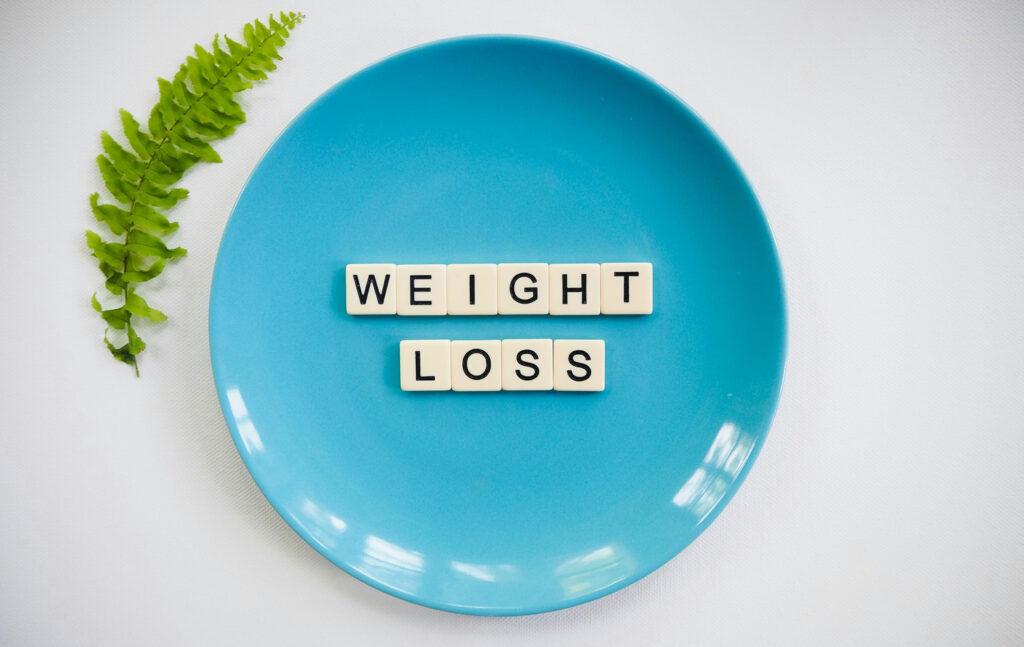Introduction: The Power of Fasting for Weight Loss
Fasting for weight loss has emerged as a transformative strategy in the pursuit of a healthier lifestyle. This intentional practice involves alternating periods of eating and abstaining from food, creating a conducive environment for the body to burn stored fat. Whether through popular methods like intermittent fasting or more extended fasting durations, the approach taps into the body’s natural processes to promote weight loss. Beyond the scale, fasting stimulates metabolic adaptations, enhances cellular repair, and can break through weight loss plateaus. Embracing fasting as part of a holistic wellness journey empowers individuals to not only shed excess weight but also foster sustainable habits for long-term health and vitality.
Understanding Fasting

Fasting for weight loss involves voluntarily abstaining from food and, in some cases, beverages for a specified period. The primary goal is to create a calorie deficit, prompting the body to utilize stored energy, leading to weight loss.
Intermittent Fasting Explained
Intermittent fasting (IF) is a popular approach, involving cycles of eating and fasting. Common methods include the 16/8 method, where one fasts for 16 hours and eats within an 8-hour window, and the 5:2 method, where caloric intake is limited on two non-consecutive days each week.
Extended Fasting
Extended fasting for weight loss typically involves more prolonged periods of abstaining from food, ranging from 24 hours to several days. Advocates believe that extended fasting enhances fat burning, promotes cellular repair, and can kickstart weight loss plateaus.
The Science Behind Fasting
Fasting triggers several physiological changes in the body. During periods of fasting, insulin levels drop, leading to increased fat breakdown. Additionally, cellular repair processes, such as autophagy, become more prominent, contributing to overall health benefits.
Benefits Beyond Weight Loss

While weight loss is a primary motivator, fasting offers additional health benefits. Improved insulin sensitivity, reduced inflammation, and potential longevity benefits are among the positive outcomes associated with fasting.
Getting Started with Fasting
Before embarking on fasting for a weight loss journey, it’s crucial to consult with a healthcare professional, especially for individuals with underlying health conditions. Gradual introduction and experimentation with different fasting methods can help identify what works best for individual preferences and lifestyles.
Fasting Tips and Strategies

To make fasting for weight loss more manageable, consider staying hydrated, consuming nutrient-dense meals during eating windows, and incorporating physical activity. Experimenting with different fasting schedules allows for flexibility and adherence.
Common Misconceptions
Addressing misconceptions about fasting is essential. Contrary to some beliefs, fasting for weight loss does not inherently lead to muscle loss when done correctly. It is crucial to prioritize nutrient-rich foods during eating periods and maintain a balanced diet.
Potential Risks and Considerations
While fasting for weight loss can be safe for many, it may not be suitable for everyone. Pregnant or breastfeeding women, individuals with eating disorders, or those with certain medical conditions should approach fasting with caution and under the guidance of a healthcare professional.
Conclusion
Fasting for weight loss is a nuanced approach that requires careful consideration, understanding, and personalized implementation. While it can be a valuable tool in the journey toward weight loss and improved health, it’s essential to approach fasting with knowledge, mindfulness, and a focus on overall well-being. Always consult with healthcare professionals before making significant changes to dietary habits.
Frequently Asked Questions
Q1. What is fasting for weight loss, and how does it work?
A. Fasting for weight loss involves voluntarily abstaining from food and, in some cases, beverages for a specific period. This creates a calorie deficit, prompting the body to utilize stored energy for weight loss.
Q2. What is intermittent fasting, and how is it different from other fasting methods?
A. Intermittent fasting (IF) involves cycles of eating and fasting. Common methods include the 16/8 method and the 5:2 method, offering flexibility compared to continuous fasting.
Q3. What are the physiological changes that occur during fasting?
A. Fasting triggers changes such as decreased insulin levels, leading to increased fat breakdown, and enhanced cellular repair processes like autophagy.
Q4. Are there benefits to fasting beyond weight loss?
A. Yes, fasting offers additional benefits, including improved insulin sensitivity, reduced inflammation, and potential longevity advantages.
Q5. How do I get started with fasting, and is it suitable for everyone?
A. Consult with a healthcare professional before starting fasting, especially for those with underlying health conditions. Gradual introduction and experimentation with different fasting methods help identify individual preferences.
Q6. What are some tips and strategies for a successful fasting experience?
A. Stay hydrated, consume nutrient-dense meals during eating windows, and incorporate physical activity. Experimenting with different fasting schedules allows for flexibility and adherence.
Q7. Is muscle loss a concern during fasting?
A. When done correctly, fasting does not inherently lead to muscle loss. Prioritizing nutrient-rich foods during eating periods and maintaining a balanced diet is crucial.
Q8. Are there potential risks associated with fasting?
A. While fasting is generally safe for many, pregnant or breastfeeding women, individuals with eating disorders or those with certain medical conditions should approach fasting with caution under the guidance of a healthcare professional.
Q9. Can fasting break weight loss plateaus?
A. Yes, extended fasting may help break weight loss plateaus by enhancing fat burning and promoting overall metabolic efficiency.
Q10. How long should a fasting period last for optimal results?
A. The optimal fasting period varies among individuals. Experimenting with different durations and finding what aligns with personal preferences and lifestyles is key to sustainable and effective results.























